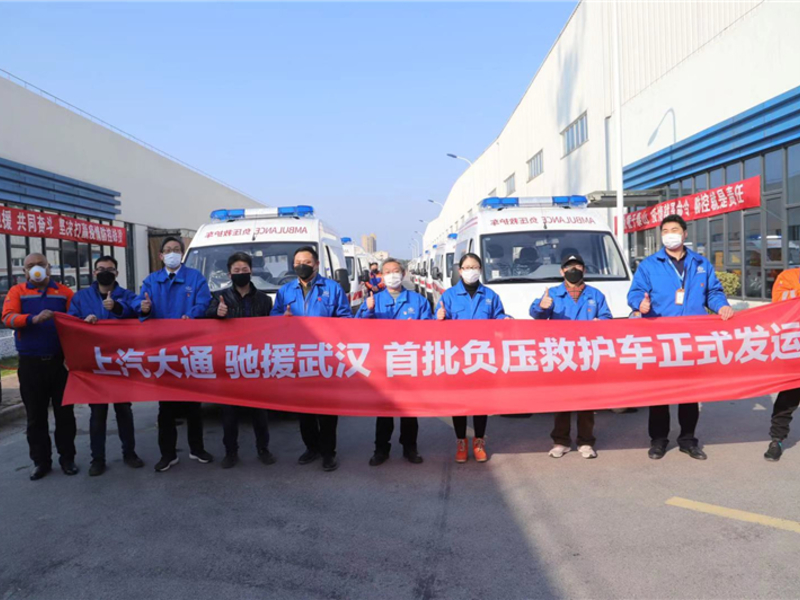
SHANGHAI — In the past two weeks, the spread of the coronavirus has slowed significantly in China except for the epicenter, the central province of Hubei.
But panic triggered by the epidemic has taken hold across the country, making it impossible for automakers and most other industries to normalize operations.
The number of new infection cases in China, excluding Hubei, declined for 13 straight days, dropping to 115 on Sunday. In Shanghai, China’s most populous city, local authorities reported only three newly confirmed infection cases on Sunday.
However, fearful of the virus, which has resulted in nearly 1,700 deaths in Hubei as of Sunday, Chinese provinces and municipalities are maintaining strict restrictions on travel and business activity.
People traveling across provinces and municipalities are required to be quarantined at home for two weeks upon arrival. Businesses must undergo a lengthy process to apply for government approval before resuming operations.
To help contain the outbreak, Beijing extended what used to be the one-week Lunar New Year holiday into a two-week holiday ending on February 9.
Most automakers strived to restart production after the holiday. However, due to various constraints, it is taking many of them longer than expected to resume full production.
Volkswagen Group, the largest carmaker in China, disclosed on Monday that because of logistics and supply chain challenges, as well as employee travel restrictions, it postponed the start of production at its joint venture with SAIC Motor Corp. by another week to February 24. The joint venture operates eight of VW Group’s 14 plants in China.
With the viral outbreak still raging in Hubei, local production at General Motors, Honda Motor Co., Nissan Motor Co., PSA Peugeot Citroen, Renault SA has been delayed indefinitely.
For dealerships, the epidemic is inflicting far greater financial pain, according to the China Automobile Dealers Association.
The trade group has continually surveyed more than 4,000 franchised dealerships across the country since the beginning of last week. As of February 14, only 20 percent of dealerships surveyed have reopened, with lack of government approval the biggest hurdle.
And because of limited showroom traffic, dealerships that have reopened indicate they have yet to resume full operations.
As a result, retail new-vehicle sales nationwide on February 14 were estimated to be only 4.9 percent of volume recorded on the same day last year. Meanwhile, turnover generated by parts and service departments on the same day were 6.4 percent of the level a year earlier, according to CADA.
In China’s broad auto sector, the hardest hit by the epidemic were car washes. On February 14, only 1.8 percent of the nearly 9,000 car washes surveyed by CADA had opened to businesses.
The panic caused by the viral outbreak has literally put a deep freeze on China’s auto sector. It remains unknown how soon government officials and consumers outside Hubei province can overcome fear and drive the industry back to normal.